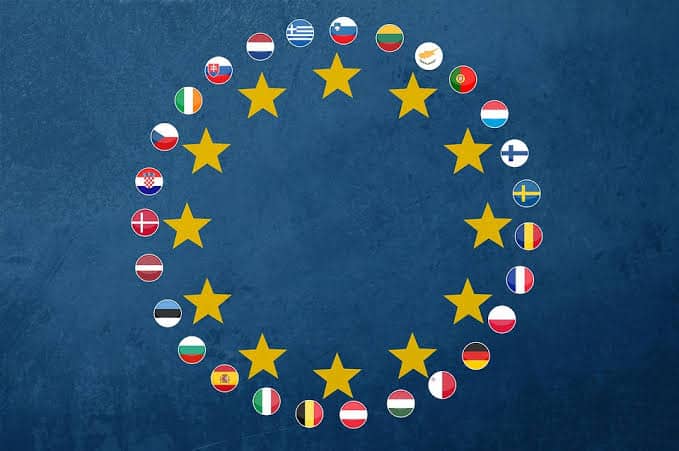Rice export to EU poised to decline significantly in the coming months. On 4th of November DGFT issued a notification on guidelines for export of rice to EU. Very few merchant exporters will take the risk of exporting to EU given the high risk and costs involved. Rice export from India have been struggling since the beginning of the financial year. Non-basmati rice exports fell significantly since discontinuation of MEIS scheme by the government in March 2019.
Merchant Exporters to EU in a Fix
Merchant exporters of rice to EU are contemplating the costs and risks involved with export to EU. Earlier merchant exporter would send a sampling letter to the approved EU lab along with sample of rice for EU. After inspection and approval, the same lot would be packed and exported. The cost for it was approximately INR 8000-INR 10000 depending on the lab. The total cost of inspection increased to INR 25000-INR 30000 per container. If EIC/EIA rejects the same, the bags cost would add on to the inspection and lab testing cost as rice need to be packed before inspection.
A merchant exporter was quoted saying, “it is a known fact that Indian basmati rice have high levels of Tricyclazole. It exceeds 10 times the permissible limits. We need to purchase organic basmati for export to EU that costs Rupees 5-6 Rupees per kg higher than normal basmati rice. If EIC/EIA rejects the lot, in addition to packaging cost, inspection and lab testing costs, we would end up paying Rs 5-6 per Kg higher for a non-pesticide approved rice”. Therefore, not many merchant traders would take the risk of exporting to EU. Government needs to change rules for merchant exporters.
New Rule Set to Decrease Export to EU
Exports to EU of Indian rice have decreased significantly since the pesticide rule came in place in 2017. However, export of rice from Pakistan increased significantly grabbing major share of Indian rice in EU market. Many merchant traders opting not to take chances of export to EU. The government needs to put pressure on farmers rather than exporters to not use pesticide which growing the crop. Pesticide ban is essential as many other countries are set to follow the pesticide-testing pattern similar to EU. Similarly, expect decrease in rice exports to Saudi Arabia. As new testing guidelines similar to EU for Saudi Arabia come in place from 31st December 2019.

